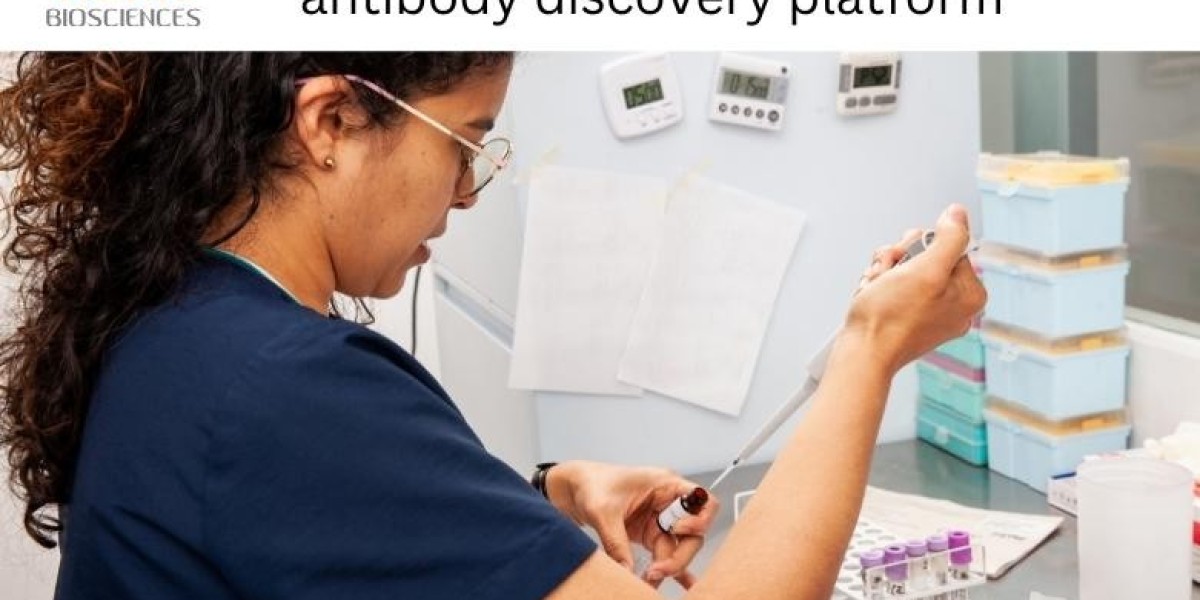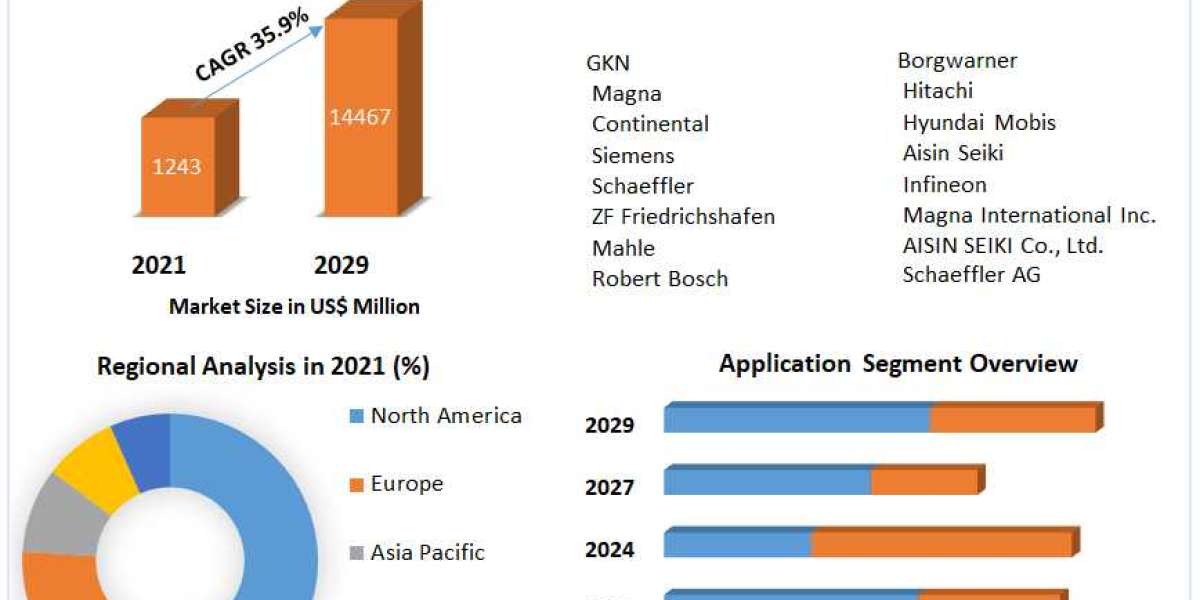Antibody discovery platforms represent a significant breakthrough in biomedical research and the development of therapeutic strategies. These platforms facilitate the identification and engineering of antibodies that can specifically bind to target molecules, a critical capability in treating diseases such as cancer, autoimmune disorders, and infections.
The process of discovering new antibodies traditionally involved lengthy and costly procedures, including animal immunization and hybridoma technology. However, recent advances have seen the emergence of sophisticated platforms that streamline this process, enhance precision, and reduce time-to-market for new therapeutics.
One such example is the platform offered by companies like Neoleukin Therapeutics, which utilizes computational design to create novel, de novo protein therapeutics. This approach not only accelerates the discovery process but also enhances the specificity and efficacy of the antibodies produced.
Antibody discovery platforms typically involve several key technologies:
High-Throughput Screening: This technology allows researchers to quickly test thousands of different antibody candidates to identify those with the best properties for disease targeting.
Phage Display: A method where a bacteriophage – a virus that infects bacteria – is used to evolve new antibodies. Libraries of billions of variants can be screened in a relatively short time, dramatically expanding the range of potential antibody candidates.
Humanized Mice: These are genetically engineered mice that produce human antibodies. They are invaluable for generating fully human antibodies for therapeutic use without the need for further modification.
Bioinformatics and Machine Learning: Advanced algorithms can predict which antibody sequences might be most effective against a particular target, reducing the need for extensive experimental testing.
The impact of these platforms on medicine is profound. By enabling the rapid and efficient discovery of antibodies, they allow for faster development of treatments for diseases that were once considered difficult or impossible to treat. Moreover, the specificity of antibodies ensures that treatments can be tailored to the individual, minimizing side effects and improving outcomes.
These platforms also have significant implications for global health. For example, during the COVID-19 pandemic, antibody discovery platforms played a crucial role in the development of both therapeutic antibodies and vaccines that targeted the spike protein of the virus.
Looking ahead, the integration of artificial intelligence and machine learning is set to further revolutionize this field. These technologies will enhance the predictive capability of antibody discovery platforms, allowing for even faster and more accurate identification of potential therapeutics.
In conclusion, antibody discovery platforms are not just a scientific innovation; they are a pivotal tool in the fight against disease. As these technologies continue to evolve, they promise to bring about a new era in precision medicine, offering hope to millions of patients worldwide.



